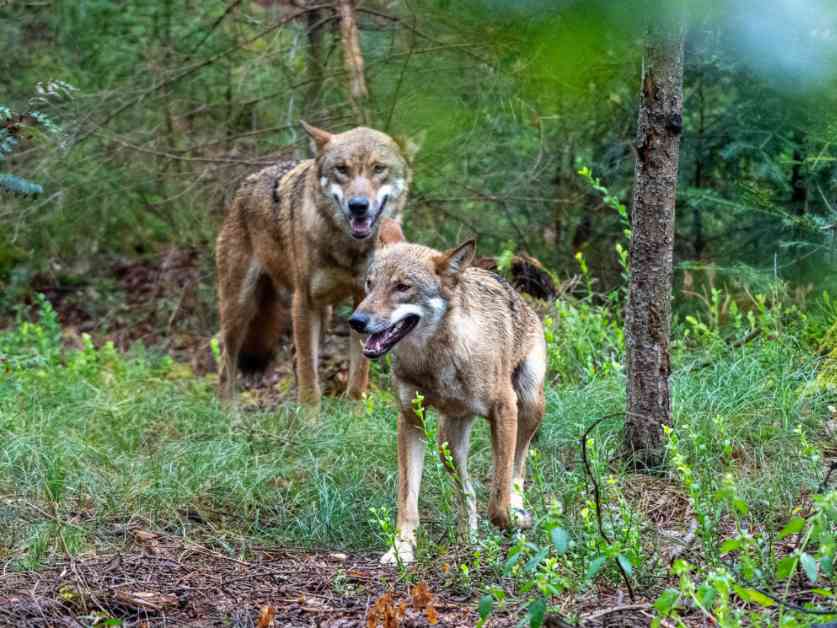Last weekend, two young wolves from the Schilt pack in the border area with the canton of Glarus were culled in the canton of St. Gallen. The pack had reportedly killed several protected sheep in different alpine regions in the Schils and Weisstannen valleys this year, according to a statement.
The canton of St. Gallen announced on Tuesday that the regulation of the Schilt pack for this year has been completed with the culling of the two young wolves. On October 1, the canton ordered the culling of two young wolves from this pack after receiving approval from the federal government.
The regulation of the Calanda-2 pack is still pending, which is being pursued in collaboration with the canton of Graubünden. Two young wolves in that pack have also been authorized for culling.
At the end of September, the cantonal game wardens culled one of the three young animals from the Gamserrugg pack in the Toggenburg region.
It is important to note that wildlife management decisions like these are made to protect livestock and maintain a balance between wildlife conservation and human interests. The authorities work to find solutions that benefit both the local ecosystem and the communities affected by wildlife interactions.
Efforts are also being made to raise awareness about coexisting with wildlife and implementing non-lethal methods to mitigate conflicts between predators and livestock. Education and communication play a crucial role in ensuring the peaceful coexistence of humans and wildlife in shared habitats.
It is essential to continue monitoring and evaluating the effectiveness of these management strategies to ensure the long-term sustainability of wildlife populations and the well-being of both animals and humans in these regions.

















